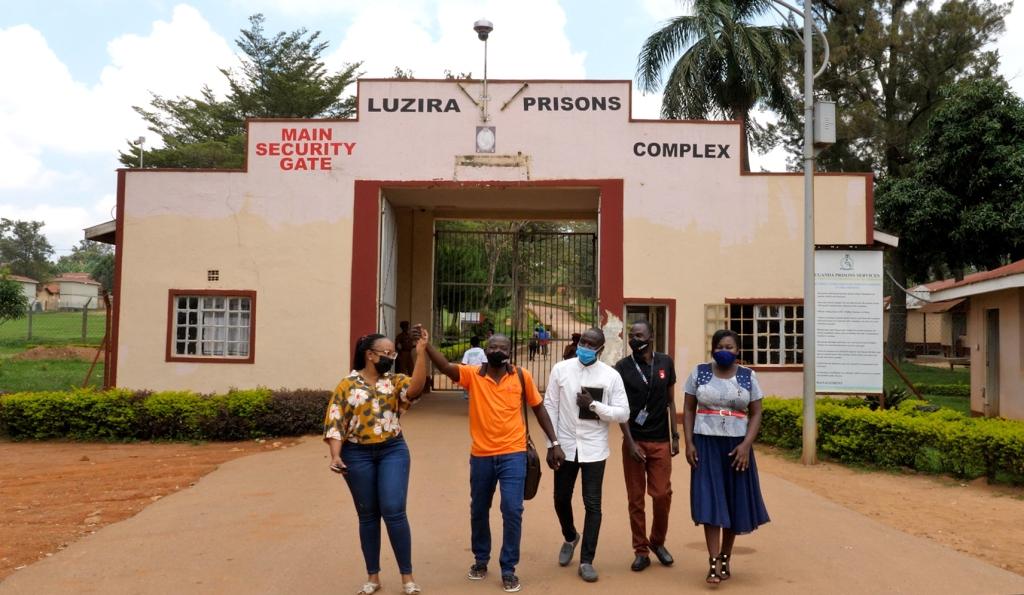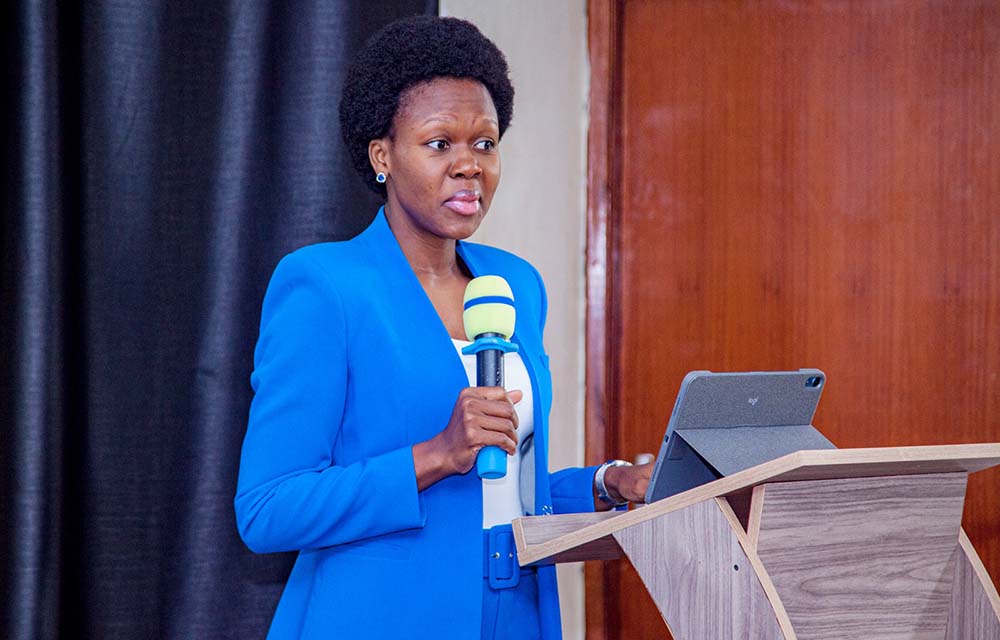Human rights lawyers are suggesting reforms to reduce prolonged pre-trial detentions and ease prison congestion. While Ugandan law allows for a maximum of 48 hours of police detention before presenting suspects to court or granting them police bond, a recent survey by Advocate Sans Frontiers revealed that this rule is often violated.
Although the percentage of detentions without trial decreased from 49% in 2022 to 48% in 2023, more than 50% of interviewed suspects had spent more than 48 hours in police custody. Out of 59 suspects interviewed, 58% had been in custody for 3 to 9 days, 31% for 10 days to one month, and 5% for one to three months.
During a dialogue on procedural rights and pre-trial detainees, Victoria Kirunda, representing the Director Legal and Human Rights of the Uganda Police, argued that the 48-hour rule should be applied sparingly, considering the nature of the case. She contended that suspects in serious cases like terrorism or murder should not be granted bond if their release could compromise investigations or public safety.
Dr. Ruth Sekindi, the Director Monitoring and Inspection at the Uganda Human Rights Commission, disagreed with the police’s justifications for violating the law. She proposed amending the law to categorize different suspected criminals and determine who is eligible for free bond services.
Dr. Sylvia Namubiru Musoke, the Executive Director of Legal Aid Service Provider’s Network, pointed out the police’s defensiveness regarding their service’s inadequacies. She called for acknowledging the challenges, including overcrowded, poorly maintained, and dirty police cells, detention beyond 48 hours, and the unlawful practice of charging fees for bail.
Prison Congestion
As of September 28, 2023, Uganda’s prisons housed 36,436 suspects on remand and 39,105 convicts, totaling over 70,000 inmates. This overcrowding, well beyond the normal capacity of 20,996, creates security and crowding challenges in the prisons, according to ACP Leni Ndori, the regional police commander Greater West Nile.
Ruth Sekindi suggested that the government and judiciary address these issues by ensuring enough prosecutors, reviewing laws to eliminate outdated colonial provisions leading to unnecessary arrests, improving police investigations, and favoring alternative penalties over imprisonment, especially for minor offenders. She proposed community service as an alternative, such as cleaning the city.
Between 2020 and 2023, Advocate Sans Frontiers (ASF) and Legal Aid Service Provider’s Network (LASPNET) implemented a project in several Ugandan districts to safeguard the procedural and constitutional rights of pre-trial detainees. The project trained 25 advocates and 31 paralegals to monitor and support pre-trial detainees and reported 11,022 procedural violations. Prolonged pre-trial detention affects the timely delivery of justice, disadvantaging all parties involved, including the state that accommodates the suspects, according to Dr. Irene Anying, the country director of ASF.




















